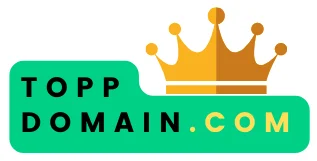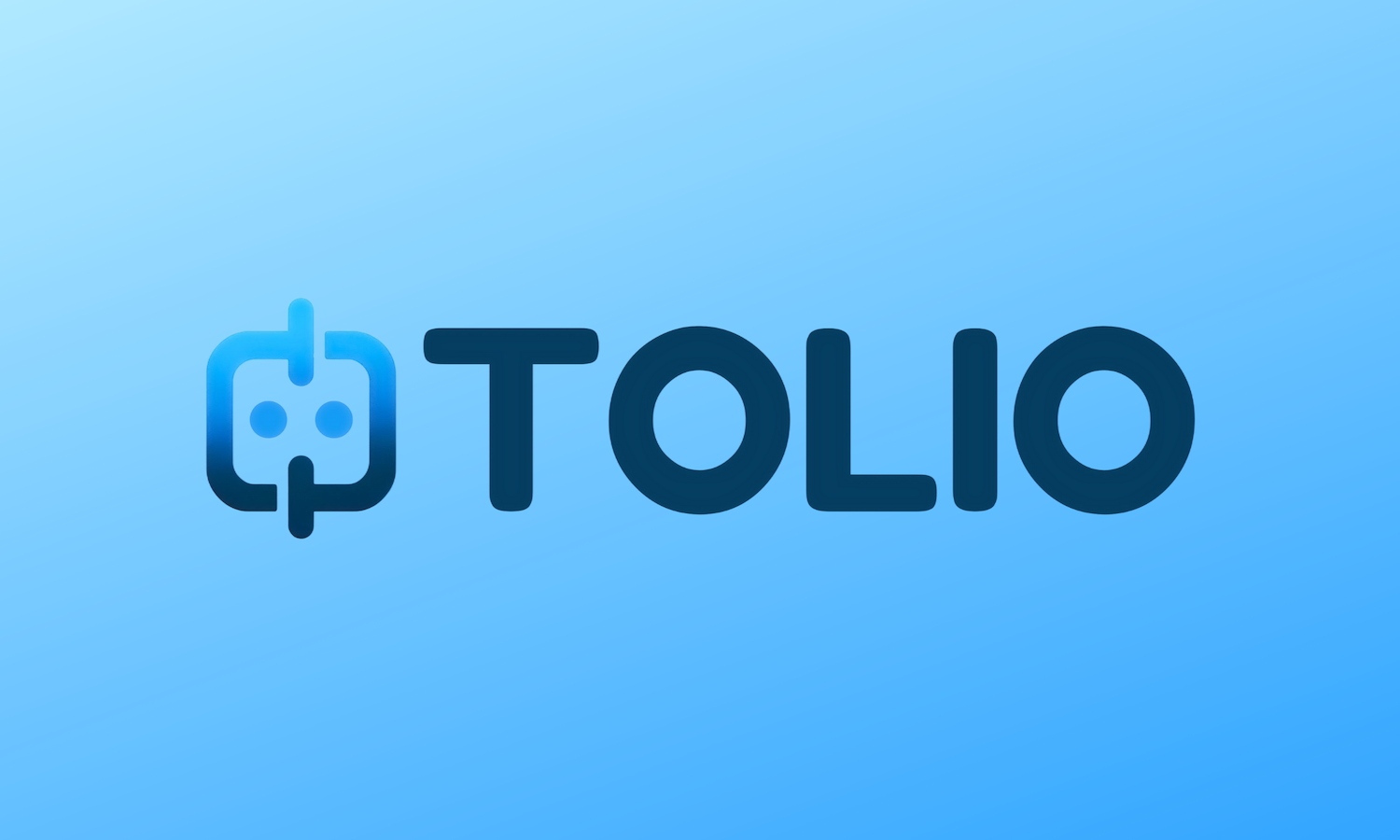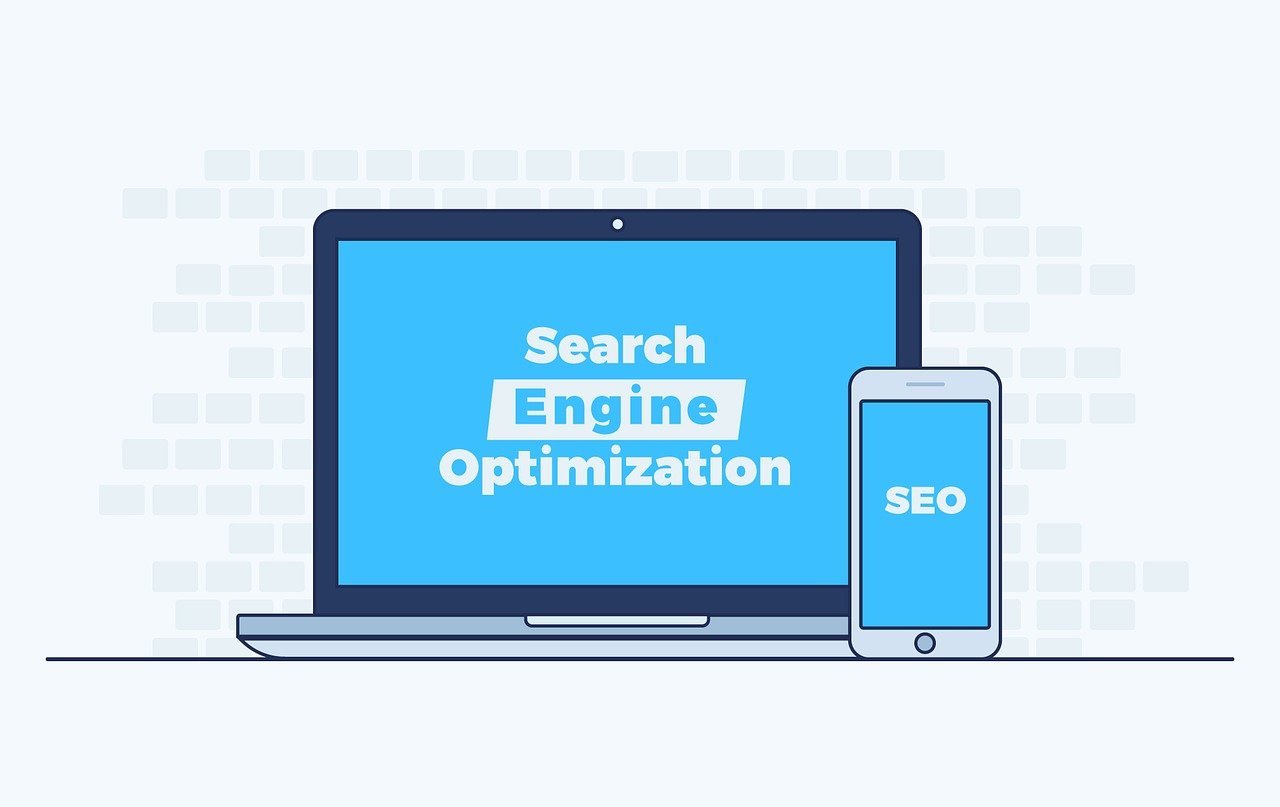Search engine optimization (SEO) has become a central marketing method in many companies’ marketing strategy. The customer journey for the majority of customers begins with a search in search engines and for this reason it is incredibly important to be visible for your customers to find you.
With that in mind, working to rank higher in search engines and get better visibility is incredibly important and valuable.
The concept behind skmotor optimization is in theory quite simple but in practice there is a lot to think about and an endless variety of different strategies to explore. In the work with SEO, there are fortunately a variety of valuable tools that can make the work considerably easier. Everyone who works with SEO should at least use a handful of different tools to optimize the work, achieve better results, and make the work easier and smoother.
With the right SEO tools, you can monitor and analyze performance and optimize content to meet the ever-changing demands of search engine algorithms. There are many different SEO tools available on the market that can be useful with functions such as analysis of results, keyword research, website evaluations, and much more. In this article, we will dive deep into this topic and discuss SEO tools.
Why do you need SEO tools?
Search engines are today the primary tool for people to find information online. When a website ends up in the upper positions in the search results (especially positions 1-3), the chances increase significantly that users will click on it and visit the website.
SEO is about optimizing various aspects of a website to increase its ranking and thus visibility in search engines. This includes optimizing content, using relevant keywords, improving link structures and managing technical aspects such as page speed and mobile friendliness – and much more. With the tough competition, it is simply not enough to set up a website and then wait for the visitors to pour in. A successful SEO strategy consists of a carefully prepared strategy that is worked on consistently and over time.
Implementing and monitoring a successful SEO strategy can be complicated and time-consuming. Without the right tools, it becomes a challenge to measure and analyze key parameters such as keyword performance, website structure, competitors, and more. For this reason, SEO tools play an important role in SEO work, partly to make it easier but above all to make it better. Automating and simplifying these processes saves time and resources while providing deeper insights and more valuable data that contribute to better results.
Working with SEO without tools makes it difficult to stay up to date with the latest trends and the latest data connected to your website and the results of your SEO work.
The SEO landscape is constantly changing, and it requires continuous adaptation to maintain and improve its positions. Tools allow you to keep track of these changes and adjust your strategies accordingly.
Categories of SEO tools
There are a variety of SEO tools available. We therefore make it a little easier for ourselves and divide them into categories based on their purpose and function.
Search analysis tools
Examples: Google Analytics, SEMrush
Search analytics tools are the most common and popular type of SEO tools that form the backbone of any SEO strategy. Search analytics tools provide tons of information and data related to your site’s performance. Google Analytics is one of the most widely used tools and provides detailed information on visitor behavior, sources of traffic, and conversion statistics. SEMrush is another popular tool that offers an in-depth analysis of your competitors and helps you identify organic keywords, backlinks, and more.
The purpose of search analytics tools is to give you an overall picture of how a website is performing in search engines – whether it’s your own website or a competitor’s. With the help of this data, you can adjust your strategy and make better strategic decisions that contribute to better results.
Keyword Tool
Examples: Ahrefs, Moz Keyword Explorer
Keyword Tool has several features related to keywords and keyword research. Their primary role is to help you find the most relevant keywords for a specific industry or industry.
Ahrefs and Moz Keyword Explorer are two of the most popular tools that offer comprehensive keyword data, including search volume, competition, and related keyword suggestions.
These tools make it easy to identify the most profitable keywords for your business and create content that answers the questions and is directly related to the keywords. This increases the chances of ranking higher on the search results pages and attracting relevant traffic from your target audience.
Technical SEO tools
Examples: Screaming Frog, Google Search Console
Technical SEO tools focus on the underlying structure and health of a website. The technical SEO of a website is an important ranking factor in search engines for the simple reason that it has a major impact on the user experience.
Screaming Frog crawls websites to identify technical issues that can affect search engine performance such as broken links, incorrect redirects, and duplicate content. Google Search Console provides insights into how search engines are indexing a website and provides feedback on any technical issues.
Technical SEO tools are important to ensure a website is search engine friendly. The tools allow you to identify potential problems and opportunities for improvement linked to the technical aspects of your website so that you can create a faster website that offers a better user experience. This, in turn, can contribute to improved results in search engines.
Local SEO and tools for this purpose
Examples: Moz Local, BrightLocal
Local SEO is important for companies that strive to attract customers in a geographically limited location, i.e. above all for local businesses such as restaurants, shops, etc. To improve your visibility in local search results and on location services, the use of specialized tools is necessary. Moz Local and BrightLocal are two popular tools in this area.
Moz Local gives you the ability to manage your online listings across platforms and ensure that business information is consistent and accurate across the internet. This is especially important to meet search engine requirements and increase visibility for local searches.
BrightLocal offers features to track local keyword performance, monitor reviews and analyze competitor activity at the local level. By using these tools, you can ensure that you optimize your presence for local customers and take advantage of the opportunities in local SEO.
Local SEO differs from general SEO by focusing on optimizing for searches with a local connection. For small businesses, local shops and service providers in a specific location, local SEO is incredibly valuable – if done right. People often use their mobile devices to find businesses nearby and search engines have adapted their algorithms to deliver relevant results based on the user’s location.
For businesses investing in a local customer base, it is therefore necessary to use tools such as Moz Local and BrightLocal to ensure that you maximize your visibility at the local level.
Competitor analysis tool
Examples: SpyFu, SE Ranking
Part of evaluating opportunities and areas where you can improve your SEO strategy is analyzing competitors. This can give you insight into potential opportunities and what they do well and poorly. It allows you to identify your competitors’ strengths and weaknesses as well as to identify opportunities and threats within your own market segment. Two prominent tools in this area are SpyFu and SE Ranking.
SpyFu allows you to analyze competitors’ keyword strategies by showing what keywords their sites are ranking for, what ads they have, and how their organic and paid performance has evolved over time. It also provides information about their most successful ads and the keywords they have focused on.
SE Ranking offers in-depth insight into competitors’ organic and paid keyword strategies. You can easily compare your own keyword performance with competitors, monitor their site positions and analyze their backlinks. This provides a better understanding of the competition as a whole and makes it easier to adapt your strategy based on this.
This information enables:
Identifying Keyword Opportunities: By understanding what keywords your competitors are ranking for, you can identify opportunities to target similar keywords and improve your own visibility.
Ad optimization: By analyzing your competitors’ ads, you can create more effective and engaging ads to attract users and increase click-through rates.
Backlink Strategies: By researching your competitors’ backlinks, you can build a more effective link profile to improve your own website authority.
On-page SEO tools
Examples: Yoast SEO, Grammarly
On-page SEO tools are exactly what they sound like: tools that aim to help you with your on-page SEO, i.e. optimizations on your website.
Two great tools in this category are Yoast SEO and Grammarly.
Yoast SEO is a WordPress plugin that helps you optimize your posts and pages for search engines. It provides real-time content analysis and offers recommendations for improving meta descriptions, titles, URL structures and keyword usage. Its clear green-to-red marking system makes it easy to see how well a page is optimized.
Grammarly is known for its spell check and grammar review. Given that search engine algorithms favor high-quality and correctly written content, Grammarly becomes a valuable tool to improve the quality of the text and thereby improve the page’s SEO performance. Content that has a lot of content that contains typos and grammatical errors negatively affects the user experience but is also an indication to search engines that your content is not that high-quality and well-made.
On-page SEO focuses on optimizing the content and structure of individual pages to make your website appear more professional to search engines and improve the user experience for users. Tools like Yoast SEO and Grammarly facilitate this process by offering the following benefits:
Keyword Optimization: The tools provide guidance on the use of relevant keywords in headlines, meta descriptions, and body text. This is important for the search engines to understand what the page is about.
Technical Accuracy: Grammarly helps ensure that content is accurate and well-written and does not contain typos or other grammatical errors. As said, this increases the user experience and signals to search engines that the page is authoritative and credible.
URL Structure and Internal Linking: Yoast SEO provides recommendations for creating readable and SEO-friendly URLs, as well as advice on how to best implement internal linking to improve user navigation and distribute authority within the site.
How to choose the right SEO tool
With an endless amount of different SEO tools on the market, it can be difficult to know which one to choose. We’ve already divided them into categories, but if you’re unsure which tool to choose within each category, we’ll go over some important considerations.
Budget
As with most things, the first consideration is to make your budget. There is great variation between the cost of different SEO tools and some may cost more than what you are willing to pay. The positive thing is that there are many different SEO tools that are completely free, such as Google’s tools. Other SEO tools may have free features but limitations when it comes to things like the number of searches.
A good tip is to think about which functions are most important to you and then choose a tool that fits within your budget.
If you have a limited budget, it may be wise to choose free tools or freemium tools and then upgrade as needed and possible. Larger companies generally invest in more advanced tools that offer more functions and opportunities for customization.
User expectations and technical competence
Another aspect to keep in mind is how technical you are. Most tools are fairly easy to use but some are significantly more advanced and require an advanced technical understanding to use.
If you are new to SEO or have limited technical experience, it may be beneficial to choose tools with an intuitive interface and clear instructions. On the other hand, if you have the technical know-how, you can benefit from advanced tools with deep customization options and advanced analytics.
Integration with other tools and platforms
Another tip is to choose SEO tools that can be seamlessly integrated with other tools and platforms you already use. This helps to optimize your workflow.
Integrations with web analytics tools, CMS (Content Management System), and marketing platforms can help increase efficiency and make it easier to collect and analyze data. Choosing tools that are compatible with existing systems is practical as it reduces the risk of duplication and provides a consistent user experience.
Future trends in SEO tools
As we have already established, SEO and search engines are constantly changing. For this reason, it is important to stay up to date with news and changes so that your SEO strategy can be kept relevant.
Artificial intelligence and machine learning
A trend that is becoming increasingly evident in SEO is the integration of artificial intelligence (AI) and machine learning (ML). This applies both to search engines but also when it comes to SEO tools.
These technologies enable automated analysis and better predictions of search engine behavior and help you adjust your strategies in real time. Tools using AI and ML can offer more accurate forecasts of keyword performance, identify opportunities for optimization, and even auto-generate meta descriptions and headlines based on user intent.
AI and ML also enable improved personalization and recommendations based on user history and behaviors. All of this allows you to better tailor your SEO strategy to individual users, thereby improving the user experience and increasing the likelihood of conversions.
Voice and visual search optimization
Another area that is gaining popularity when it comes to search engines is voice search. As voice-controlled devices such as smart speakers and assistants in mobile phones such as Siri, it is a matter of course that this technology has found its way into search engines.
SEO tools are also likely to adapt to include analysis and recommendations to optimize for long and natural voice queries as search engines adopt this feature. This includes creating content that answers common questions and optimizing for local searches since many voice-based searches are localized.
Likewise, visual search optimization will become more relevant with increased use of image searches and technologies such as visual search. SEO tools will need to offer opportunities for users to optimize their images and visual elements to appear better in visual search results.








![76 Tips to Optimize your Website for SEO [Guide]](https://toppdomain.com/wp-content/uploads/2023/12/web-3967926_1280.jpg)